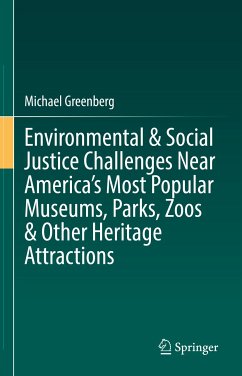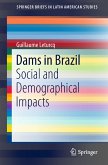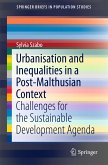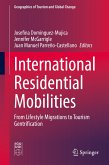This book examines environmental and social justice challenges near America's most popular heritage attractions. These include over 100 places that host national parks (e.g., Glacier, Yellowstone), zoos (e.g., Bronx, Henry Doorly), urban parks (e.g., Central Park, Fairmount), grand concourses (e.g., 5th Avenue, Massachusetts Avenue), and multiple museums and galleries (e.g., National Gallery, Getty). The book includes measurements of demographics, air quality/distance from hazards, health outcomes, and urban assets in the areas immediately surrounding these heritage sites and compares them with adjacent areas and their host cities or states. It considers the history of justice-related-issues near the sites and evaluates what owners, managers and communities are doing to address gentrification, displacement, the legacy of redlining and other challenges, such as the animal rights movement, climate change/sustainability, and tight budgets. The book examines what some host cities are doing about affordable housing and what some heritage sites have done in establishing constructive relationships with surrounding communities.
The book should have two primary audiences. One is the strong and growing social and environmental justice community that has increasingly been scrutinizing parks and other icons for evidence of injustice. This book will interest them, even though all the results do not necessarily support their positions. The second audience is businesses, not-for-profits, and government agencies who manage parks, zoos, museums, and other attractions and need to understand what is happening near their sites and what they can do to be better neighbours.
The book should have two primary audiences. One is the strong and growing social and environmental justice community that has increasingly been scrutinizing parks and other icons for evidence of injustice. This book will interest them, even though all the results do not necessarily support their positions. The second audience is businesses, not-for-profits, and government agencies who manage parks, zoos, museums, and other attractions and need to understand what is happening near their sites and what they can do to be better neighbours.
Dieser Download kann aus rechtlichen Gründen nur mit Rechnungsadresse in A, B, BG, CY, CZ, D, DK, EW, E, FIN, F, GR, HR, H, IRL, I, LT, L, LR, M, NL, PL, P, R, S, SLO, SK ausgeliefert werden.









